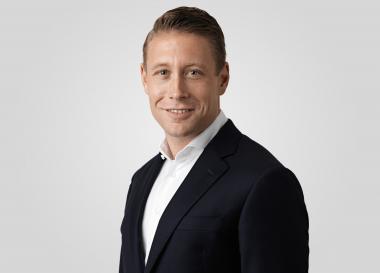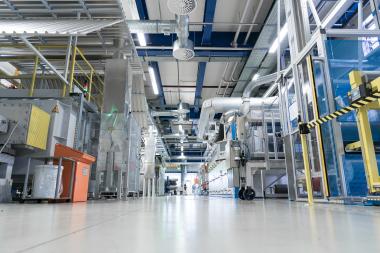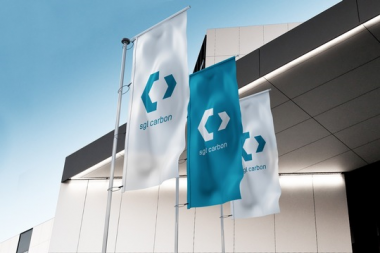Oliver Streuli new CFO at Rieter
The Board of Directors of Rieter Holding Ltd. unanimously has appointed Oliver Streuli to the Group Executive Committee of Rieter Group as Chief Financial Officer, effective August 1, 2023.
Oliver Streuli was from June 2019 until April 2023 CEO at PCS Holding AG in Frauenfeld (Switzerland), a private institutional investment company, where he was responsible for developing the investment strategy as well as the financial and strategic supervision of the industrial portfolio companies. He was also project manager for the IPO on the SIX Swiss Exchange at Stadler Rail AG, Bussnang (Switzerland). Previously, he held different positions at UBS.
He is currently a member of the Board of Directors of Swiss Steel Holding AG, Lucerne (Switzerland), and of Autoneum Holding AG, Winterthur (Switzerland).
Oliver Streuli was a member of the Board of Directors of several industrial and financial portfolio companies of PCS Holding AG in Switzerland, in Austria and in Türkiye, which are active in fields of electric propulsion systems, green mobility and rolling stock leasing.
Oliver Streuli was born in 1988 and is a Swiss citizen. He holds a Master’s degree in Accounting and Finance from University St. Gallen (HSG),
Rieter Management AG











